By 2022-2023 Bowley Scholar Caroline Urove
James Monroe was an unlikely ally in the fight for white women’s educational rights. As governor of Virginia in 1801, Monroe declared: “In a government founded on the sovereignty of the people the education of youth is an object of first importance. In such a government, knowledge should be diffused throughout the whole society, and for that purpose the means of acquiring it made not only practicable but easy to every citizen.” Monroe did not see a problem with the state being involved in educational affairs. However, he was unsuccessful in persuading the General Assembly to provide funds for a system of free elementary education. If Monroe supported free public education for females as well as males, he did not say so explicitly. His comments certainly did not pertain to people of color, whether enslaved or free.
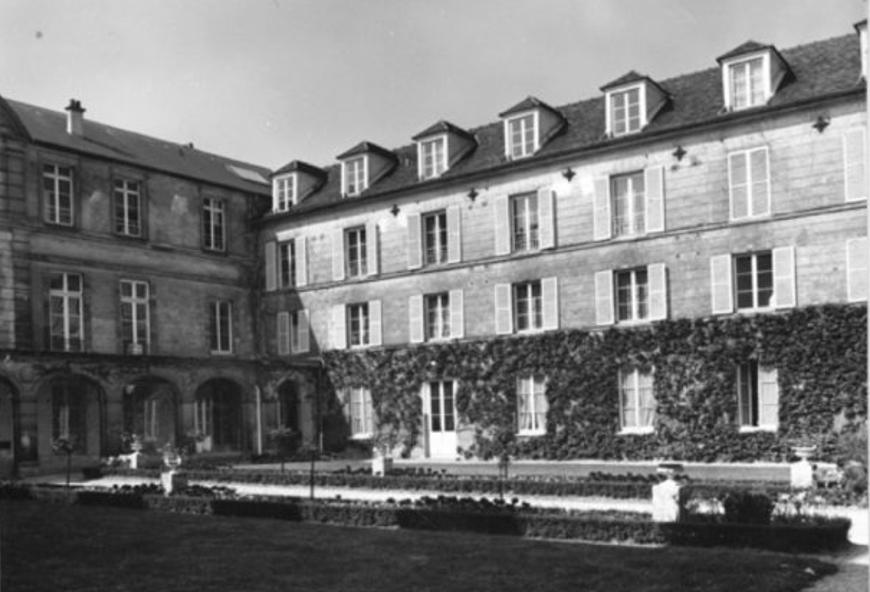
http://www.sandragulland.com/digging-in-the-delights-of-the-research-process/.
As a parent, Monroe made education one of the top priorities for his daughters, Eliza and Maria. When Monroe served as United States minister to France from 1794 to 1796, Eliza attended one of the country’s finest schools, run by Madame Jeanne Louise Henriette Campan. Maria attended Madam Grelaud’s French School in Philadelphia from 1816 to 1819. Both daughters undertook rigorous courses that included world languages, reading, geography, arithmetic, music, and embroidery. As these were two of the most prestigious female academies known for women at the time, they were only available to those who could afford the tuition price. As a result, most women’s education was reserved for the elite, such as Monroe’s family who could afford it.
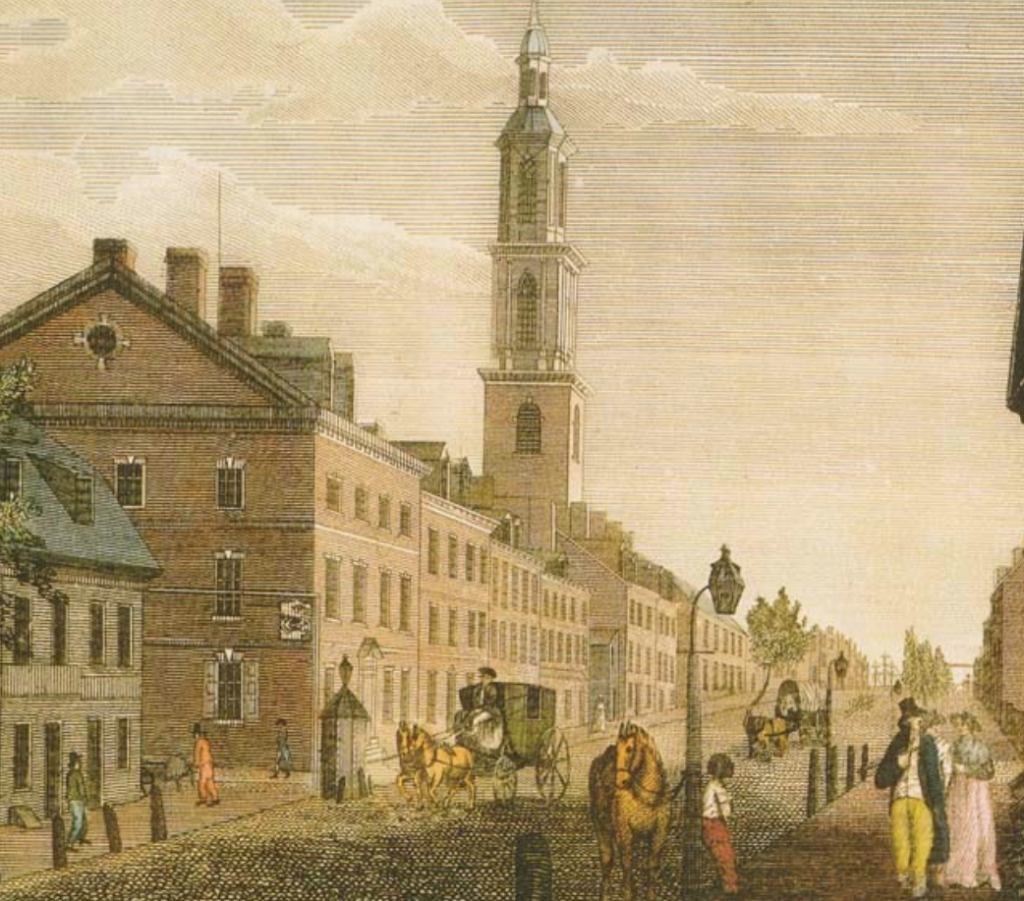
http://womensworkquilts.blogspot.com/2018/07/teaching-needlework-in-early-19th.html.
In 1817, President Monroe presented a speech to the student body at Windsor Female Academy in Vermont, stating:
“I take a deep interest as a parent and citizen in the success of female education; and have been delighted, wherever I have been, to witness the attention paid to it.”
To Mary B. Reed, From James Monroe 22 July 1817.
http://monroepapers.com/items/show/2780
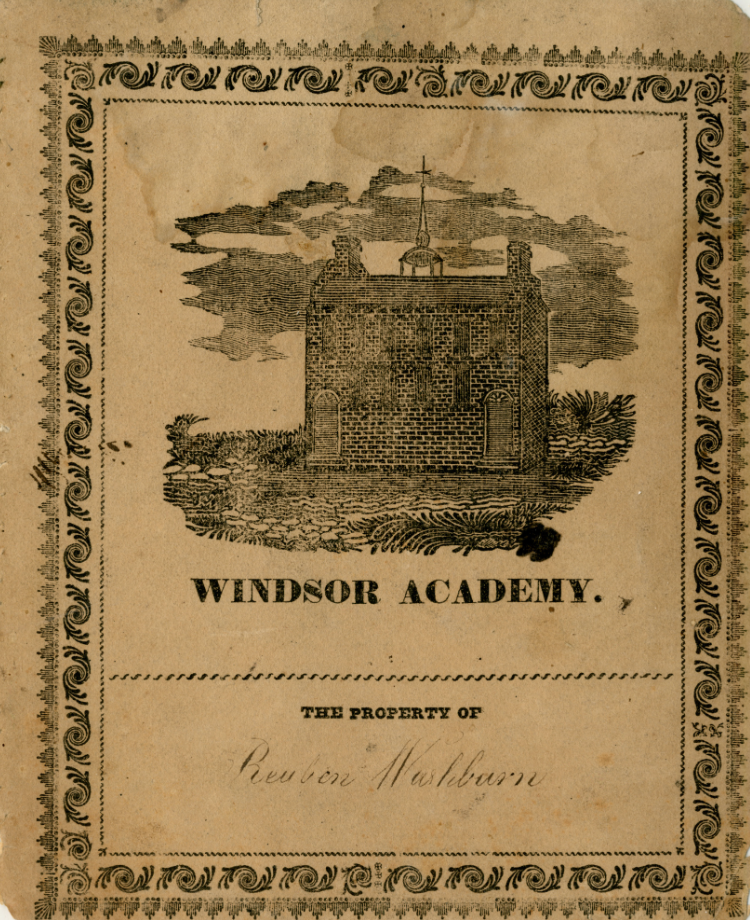
https://www.digitalvermont.org/items/show/751.
During his 1819 tour of southern states, Monroe gave a speech at the Nashville Female Academy. This academy was an all-female seminary that labeled itself as having the best teachers on staff to provide quality education within multiple subjects to make a well-rounded young woman. The curriculum included reading, writing, grammar, arithmetic, history, geography, logic, chemistry, astronomy, botany, and mythology.
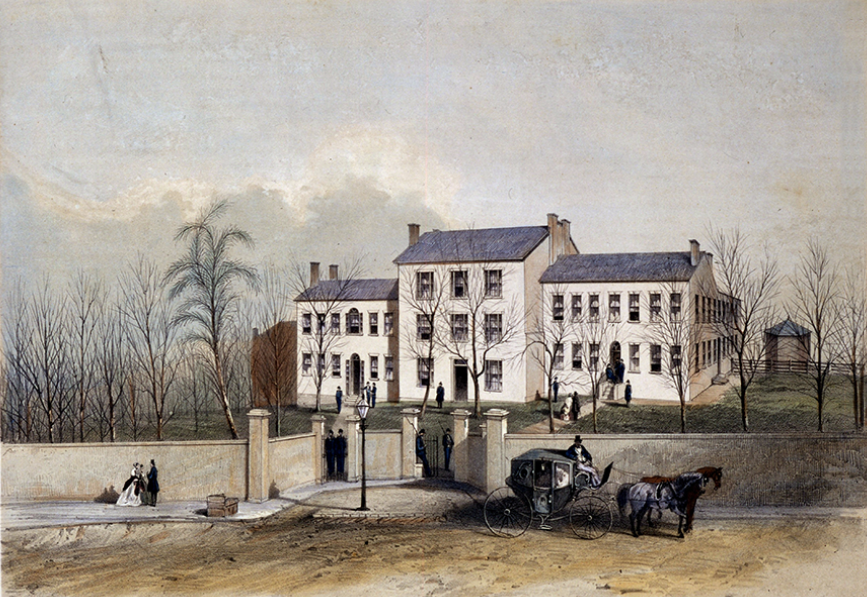
https://www.mesdajournal.org/2019/female-education-and-the-ornamental-arts-in-antebellum-tennessee/.
When addressing the student body, Monroe stated:
“I cannot express in terms too strong, the satisfaction which I derive from a view of this Seminary, established by private munificence, for the education of the female sex, having already under its charge 200 females, and exhibiting by its system of instruction, and management, so fair a prospect of advantage to the country. The female presents capacities for improvement, and has equal claims to it, with the other sex. Without intermittent attention to the improvement of one, let us extend it alike to the other. Its beneficial effect will be felt on all the high interests of the community.”
To John P. Erwin, From James Monroe 10 June 1819.
http://monroepapers.com/items/show/2919
Even though Monroe was in the political position to champion women’s education, he did not act decisively on the idea while holding office. He made a point to acknowledge the divide between educational opportunities for white men and white women and advocated equal access through his daughters’ schooling and visiting female institutions. As he was unable to induce change within the politics of women’s education, Monroe’s progressive opinions never resulted in institutional reforms. Ultimately, his ideas were not in sync with the politics and cultural trends of his time.
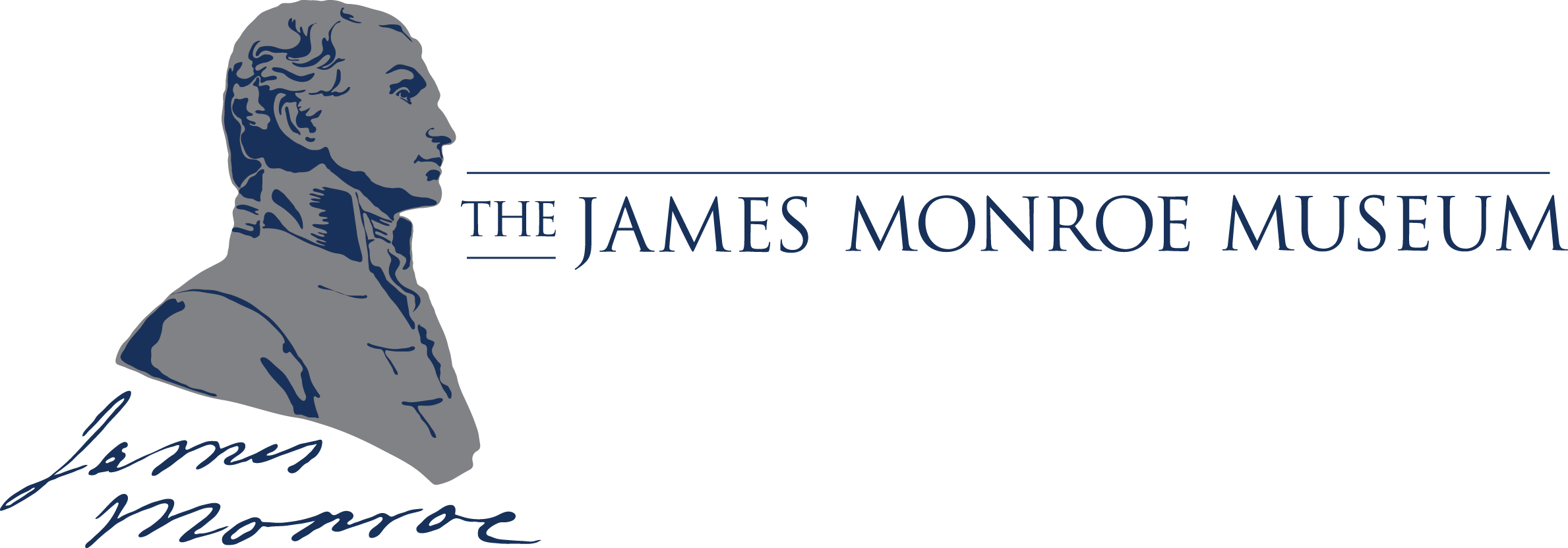
You must be logged in to post a comment.